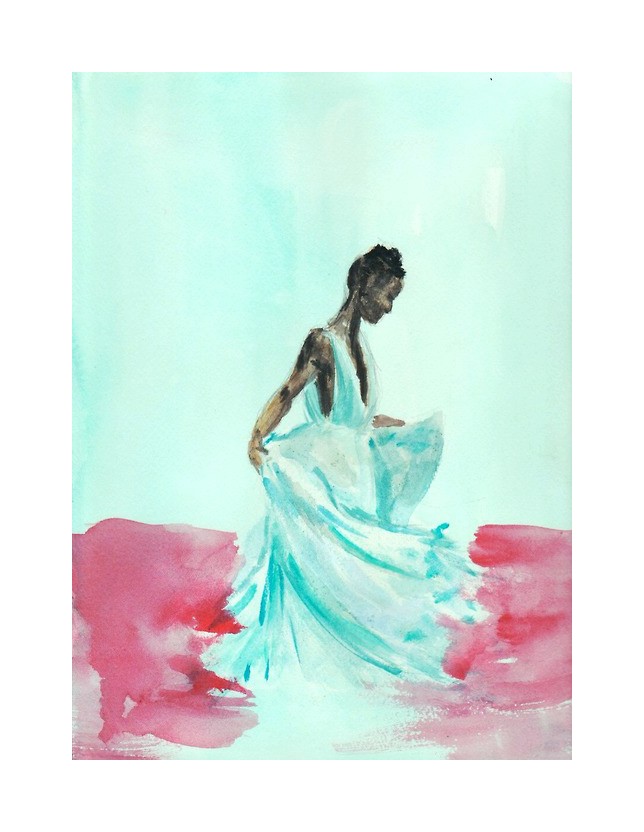On Lupita Nyong’o: “Blackness, in a context of white American oppression, is a role.
On Lupita Nyong’o: “Blackness, in a context of white American oppression, is a role. It is not intrinsic to her identity”

Stacia L. Brown writes wonderfully about what it means when a “(comparatively) carefree black girl wins an Oscar.”
Our ingenues rarely win Oscars. It is our seasoned comediennes, sassing their way through lines like, “Molly, you in danger, girl!” or throwing frying pans at their pregnant daughters, who take home the gold. It is the reality star who belts a gut-wrenching beggarly torch song to a man already walking away or the naked grieving mother sexing the guard who executed her husband, the round, battered, quick-witted maid who bakes her own excrement into pies. They are the ones who win. And we are proud of their achievements. We take everything we get, and we are glad for, if critical of, it.
By “carefree” here Brown means that Nyong’o is privileged (family support, an MFA from Yale), beloved by media, apparently effortless under the weight of having become the “boilerplate of every blackgirl dream deferred,” gracious in processing a breakout role that asked her to “deeply [connect] with part of the diasporic experience that is foreign to her family in ways it is not to the American black’s.” Unlike black American actresses, Nyong’o is not “saddled with centuries of diminishing returns.” Brown quotes Chimamanda Ngozi Adichie saying, “When I came to the United States, I hadn’t stayed very long, but I already knew that to be ‘black’ was not a good thing in America, and so I didn’t want to be ‘black.’”
While I don’t get the impression that Nyong’o, having spent the last two years of her life immersing herself in study and portrayal of the American slave experience, would hold the same perception of American blackness as Adichie initially did, it is safe to say she can still hold herself aloft from it. For her, blackness, in a context of white American oppression, is a role. It is not intrinsic to her identity. […] I already know what Hollywood will try to make her. I know the gradations of blackness they will implore her to learn. But I do not know how she will resist. I do not know what she herself will teach. But she is entering the field with just enough privilege and confidence to inspire my hope that she will do just that: instruct rather than simply accept — and learn from black actresses (rather than white directors) how best to navigate this space.
All of Brown’s essay here on her blog.